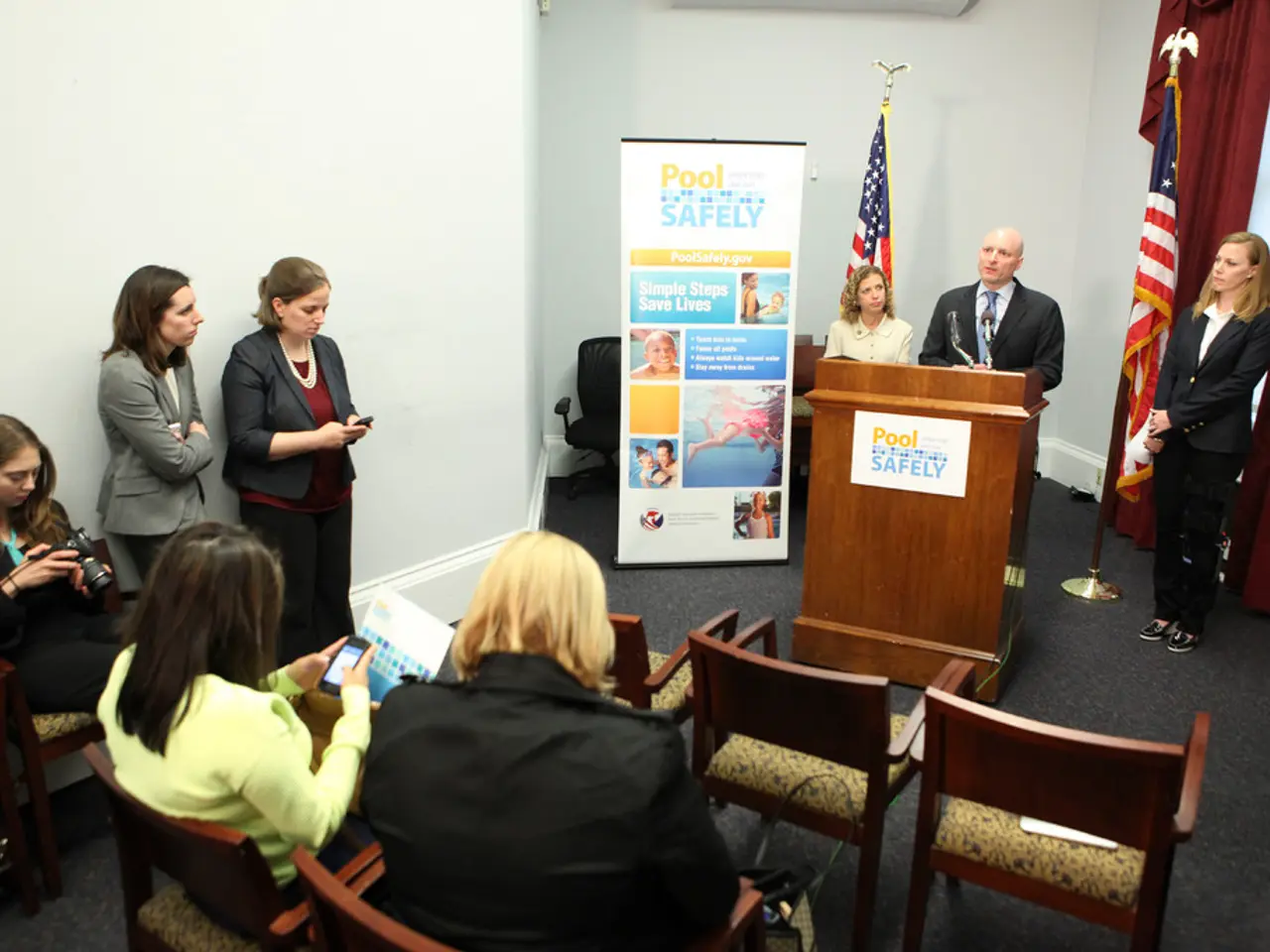Minority Women Ministers More Likely to Engage With Equality NGOs
Minoritised women ministers are more likely to engage with equality-focused NGOs, according to recent findings. This interaction is crucial as NGOs advocate for marginalised communities and influence policy discussions. However, political access remains unequal, with privileged ministers and white men least likely to engage with these organisations.
NGOs play a pivotal role in advocating for marginalised communities and influencing policy discussions. Yet, organisations led by and for intersectionally marginalised groups have the least access to ministers. Political systems can enhance this by implementing inclusive participation formats, such as community dialogues and citizens' councils, and empowering marginalised groups through open data policies and tailored political education. Diverse representation in political office does not guarantee the representation of those groups' interests. Government ministers, with their exceptional authority, can drive change by engaging with NGOs. Representation in democratic systems is key for ensuring marginalised voices and interests are heard.
Institutional changes are needed to incentivise or require ministers to engage with diverse NGOs, especially those representing marginalised groups. This will help ensure that the voices and interests of all communities are represented and heard in policy-making processes.
Read also:
- Peptide YY (PYY): Exploring its Role in Appetite Suppression, Intestinal Health, and Cognitive Links
- Toddler Health: Rotavirus Signs, Origins, and Potential Complications
- Digestive issues and heart discomfort: Root causes and associated health conditions
- House Infernos: Deadly Hazards Surpassing the Flames








